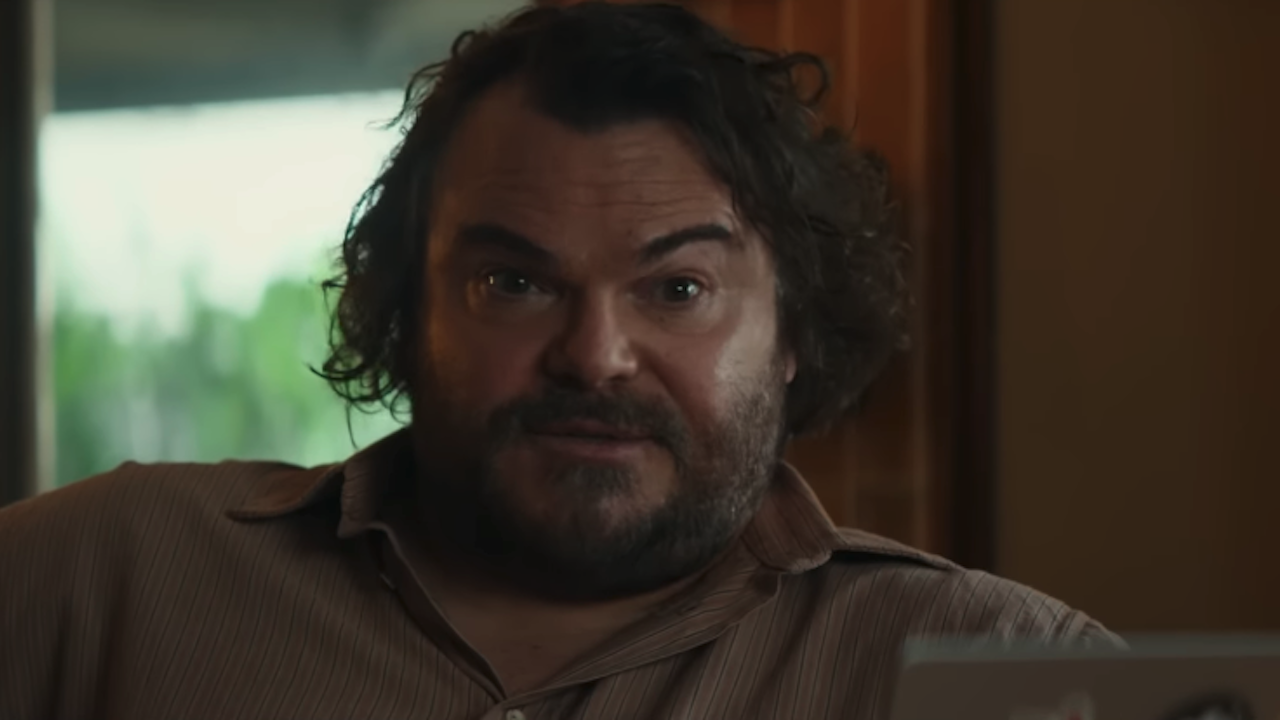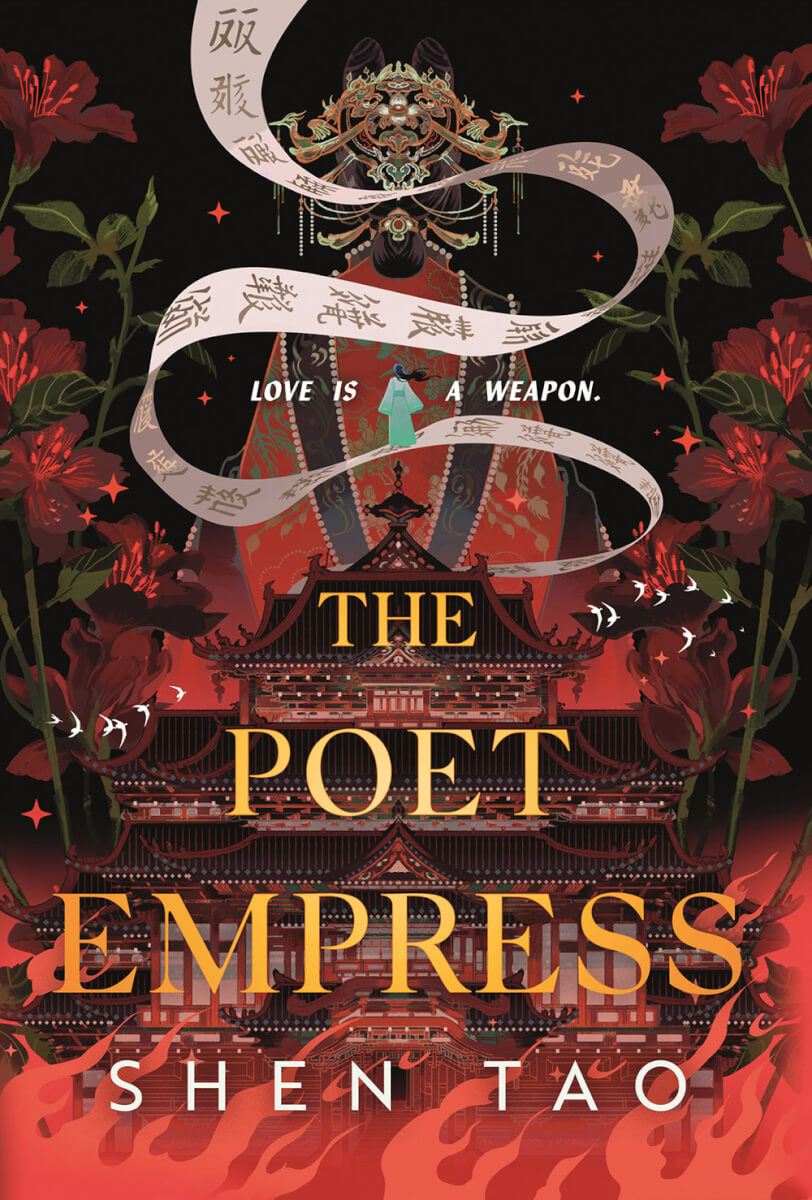Harvard University, in the face of mounting questions over possible plagiarism in the scholarly work of its president, Claudine Gay, said on Wednesday that it had found two additional instances of insufficient citation in her work.
The issues were found in Dr. Gay’s 1997 doctoral dissertation, in which Harvard said it had found two examples of “duplicative language without appropriate attribution.”
Last week, Harvard said that an earlier review had found two published articles that needed additional citations, and that Dr. Gay would request corrections.
“President Gay will update her dissertation correcting these instances of inadequate citation,” the university said on Wednesday of the additional findings.
The news was an embarrassing development for the university, which has sought to quell tumult over Dr. Gay’s leadership in recent weeks.
On Wednesday, a congressional committee currently investigating Harvard sent a letter to the university demanding all its documentation and communications related to the allegations.
More than a week ago, Dr. Gay seemed to survive concerns about her response to the Oct. 7 attack on Israel and charges of antisemitism on campus, only to be faced with criticism of her scholarship. Wednesday’s news has raised more questions about the process by which the university board, known as the Harvard Corporation, has handled plagiarism allegations against Dr. Gay, and whether it has been overly lenient with her.
On Wednesday, Harvard said that the inquiry into Dr. Gay’s work was not handled by the research integrity office of the Faculty of Arts and Sciences, which would normally investigate plagiarism charges against a member of that faculty. Instead the Corporation, a 12-member board that has been criticized for its insularity, appointed a panel of outside scholars to avoid the appearance of a conflict of interest, because the head of the research integrity office ultimately reports to the president.
The allegations of plagiarism against Dr. Gay have been driven by conservative media, and on Dec. 10 surfaced publicly when the activist Christopher Rufo published a newsletter piece headlined, “Is Claudine Gay a Plagiarist?” That article, which highlighted issues with Dr. Gay’s dissertation, appeared the night before the board met to decide if she would remain as Harvard’s president.
Additional allegations continued to surface in conservative outlets like The Washington Free Beacon and on social media, even after the board announced on Dec. 12 that it would stand behind her.
The controversy swirling around Dr. Gay raises questions about what it means for a premier American university when its scholarly leader — who at Harvard has final approval on all tenure decisions — has been accused of failing to adhere to scholarly standards. The allegations against her are landing in the middle of a charged political battle. But they have also prompted some to wonder whether Harvard is treating its leader with greater latitude than it would its students.
Altogether, the allegations accuse Dr. Gay, a political scientist, of using material from other sources without proper attribution in her dissertation and about half of the 11 journal articles listed on her résumé.
The examples range from brief snippets of technical definitions to paragraphs summing up other scholars’ research that are only lightly paraphrased, and in some cases lack any direct citation of the other scholars.
In one example that has drawn particular attention and online ridicule, the acknowledgments of Dr. Gay’s dissertation appear to take two sentences from the 1996 book acknowledgments of another scholar, Jennifer L. Hochschild. Dr. Hochschild wrote of a mentor who “showed me the importance of getting the data right and of following where they lead without fear or favor,” and “drove me much harder than I sometimes wanted to be driven.”
In Dr. Gay’s dissertation acknowledgments the next year, she thanked her family, who “drove me harder than I sometimes wanted to be driven.” And she thanked her thesis adviser, Gary King, who “reminded me of the importance of getting the data right and following where they lead without fear or favor.”
As allegations mounted last week, faculty members at Harvard and scholars elsewhere offered varying assessments of the severity of the infractions, with some seeing a disturbing pattern, and others calling them minor or dismissing them as a partisan hit job.
But to some, the issue is plain: Dr. Gay committed plagiarism — a word which does not actually appear in the Harvard board’s initial statement on Dec. 12 — and Harvard should admit it.
Carol Swain, a political scientist who retired from Vanderbilt University in 2017, said that she was “livid,” both at Dr. Gay’s use of her work and Harvard’s defense of her.
“I also have a concern that Harvard University decides it gets to redefine what plagiarism is when it suits its needs,” she said. “That to me is unacceptable.”
In the dissertation, Mr. Rufo said in his newsletter, Dr. Gay used Dr. Swain’s work at least twice with no citation. In one example, Dr. Gay wrote, “Since the 1950s, the re-election rate for incumbent House members has rarely dipped below 90%.” In an earlier book, Dr. Swain had written, “Since the 1950s the re-election rate for House members has rarely dipped below 90%.” (It is unclear if Harvard’s investigation deemed this example problematic.)
The left-leaning Boston Globe editorial board was also scathing about Harvard’s initial statement on the plagiarism allegations, which it called “confusing.”
“If Gay didn’t violate any standards of research, why would she need to correct anything?” it asked.
On Wednesday, Harvard provided some additional details about its investigation. It said that it was spurred by an inquiry on Oct. 24 from The New York Post, seeking comment on what Harvard described as “anonymous allegations” of plagiarism.
Harvard said the Corporation had appointed a three-member independent review board, consisting of scholars with “no ties to Harvard” who are “among the nation’s most respected political scientists, whose disciplinary expertise qualifies them to have conducted this review of Gay’s work.” It declined to publicly disclose the names of the scholars.
The panel reviewed all the allegations in The Post’s inquiry, the summary said, and also reviewed “all of President Gay’s other published works from 1993 to 2019.” It did not review her dissertation, Harvard said, since no questions had been raised about it. Allegations about the dissertation were first publicly raised on Dec. 10, in Mr. Rufo’s newsletter.
Two days later, in a statement saying Dr. Gay would remain as president, the Corporation briefly addressed the allegations about her scholarship.
It said an independent inquiry had investigated her “published work” and found two papers needing additional citations, but no “research misconduct.”
But that hardly settled the question, on campus or beyond.
On the face of it, Harvard’s definition of plagiarism would seem clear — and exacting. “Plagiarism is defined as the act of intentionally OR unintentionally submitting work that was written by somebody else,” a handbook for students says. Every source, including websites and seemingly unauthored documents, “must be cited properly.”
Plagiarism, the handbook says, “is taken very seriously at Harvard.”
The regulations for professors in the Faculty of Arts and Sciences, of which Dr. Gay, a professor of government and of African and African American studies, is a member, define plagiarism similarly.
But it specifies that plagiarism rises to the level of “research misconduct,” which can be punished, only if the infractions were committed “intentionally, knowingly or recklessly.”
In a summary of its process on Wednesday, Harvard reiterated that its review of Dr. Gay’s work did not find evidence that met this bar.
For some faculty members, and not just liberal ones, the details of the charges and Harvard’s procedures were less important than the context in which the charges were being lobbed.
“It’s part of this extreme right-wing attack on elite institutions,” said Charles Fried, a professor at Harvard Law School and a former solicitor general in the Reagan administration. “The obvious point is to make it look as if there is this ‘woke’ double standard at elite institutions.”
“If it came from some other quarter, I might be granting it some credence,” he said of the accusations. “But not from these people.”
Steven Levitsky, a government professor and the organizer of a faculty petition this month urging the Corporation to “resist political pressures that are at odds with Harvard’s commitment to academic freedom,” said the passages highlighted seemed to mostly be “mild sloppiness.”
Many, he said, appeared to occur in sections of the papers dealing not with Gay’s core claims, but with summaries of methodologies and of previous scholarship.
“She’s a quantitative scholar,” he said. “She cares about the data. These guys don’t spend time fussing about their literature reviews.”
Few of those who saw the accusations as potentially serious were willing to speak on the record. But some who said they were troubled also noted that students were often punished, sometimes harshly, for similar infractions.
“It’s troubling to see the standards we apply to undergrads seem to differ from the standards we apply to faculty,” Theda Skocpol, a professor of government, said.
Dr. Hochschild, who has known Dr. Gay for years and remains supportive, said in an interview that she was perplexed to learn about the repetition in language in the acknowledgments of her book, from the 1990s. But “I’m not terribly disturbed,” Dr. Hochschild, who joined the Harvard faculty in 2001, said, in part because “the sentiments and phrasing were not especially distinctive.”
How Harvard evaluates and punishes plagiarism — and whether star professors get off lightly compared with students — is a long-running subject of debate.
In 2005, after two prominent law professors, Charles Ogletree Jr. and Laurence Tribe, were publicly accused of plagiarism, The Harvard Crimson ran an editorial decrying the “disappointing double standard,” noting that “students caught plagiarizing are routinely suspended for semesters or even entire academic years.”
In both cases, the investigations — which were led by Derek Bok, a former Harvard president, and unfolded over months — found that each had in fact committed plagiarism. The professors were publicly chastised by the administration, but Harvard did not say whether there were any sanctions, according to news reports at the time.
In an apology, Mr. Ogletree, who died this year, acknowledged that his 2004 book “All Deliberate Speed” included several paragraphs from another law professor almost verbatim, without any attribution, according to a New York Times report at the time. (He said it was the result of a mix-up by his research assistants.)
In Mr. Tribe’s case, he was deemed by Harvard’s president and the law school dean to have unintentionally included “various brief passages and phrases that echo or overlap with material” in a book by another scholar, who was not credited. Mr. Tribe, who still teaches at Harvard, apologized.
At the time, a fellow legal scholar told The Times that for professors whose infractions became public, the humiliation was the true cost: “The discovery is the punishment.”
Anemona Hartocollis and Sarah Mervosh contributed reporting. Sheelagh McNeill contributed research.






